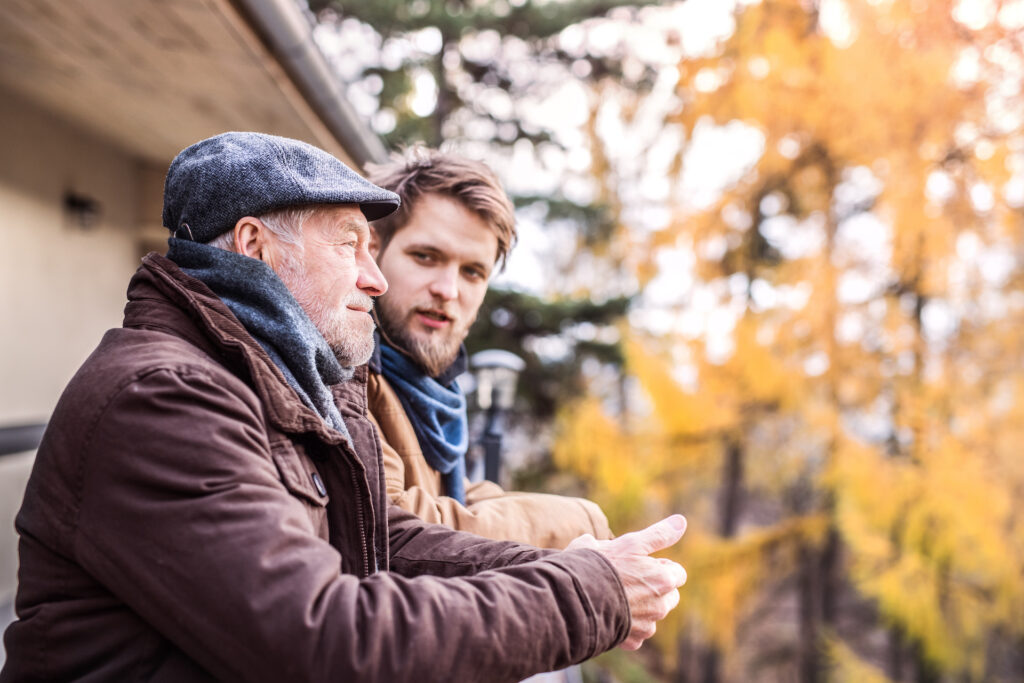We often talk about recovery from mental health and addictions as a deeply personal journey, which indeed it is. However, the role of relationships and human connection is so powerful when it comes to treatment and recovery that its importance simply can’t be overstated.
Relationships and connections manifest in different ways, as people play many different roles in our lives. In today’s article, we’re going to talk about the people we look up to or who inspire us in our healing journey. We’ll explore the difference between role models, idols, and peers and examine how each can contribute to—or sometimes challenge—the recovery process.
Role Models: Learning From Those Who Lead by Example
In recovery, role models are individuals who have been through the recovery process themselves and now live in a way that inspires others. The power of role models comes from their willingness to share both their successes and challenges openly.
One of the most common examples of role models in addiction recovery is the sponsor. In programs like Alcoholics Anonymous (AA) or Narcotics Anonymous (NA), sponsors are people who have successfully navigated their own recovery and now mentor others through the process. They offer firsthand experience, guidance, and accountability.
Role models include public figures, family members, or friends and colleagues. The insight they provide into their own journey offers hope to others, showing that long-term success is not only achievable but sustainable. What’s more, role models are sometimes able to offer practical strategies for maintaining good habits, making them invaluable to people who are struggling with the day-to-day of recovery.
The issue with role models, however, is that role models are human. If someone we see as a role model relapses into substance use or experiences a struggle that they don’t know how to handle, it can lead us to worry or even despair. If this person can’t do this, then how could I? It’s easy to put a role model on a pedestal and forget that progress does not always look linear.

Idols: Distant Inspiration
While role models provide real-world examples that we can connect with, idols are typically public figures, celebrities, or high-profile individuals who inspire us while not being directly connected to us. They inspire us at a distance. Their journeys often reflect assumed qualities like perseverance, strength, and discipline—traits that can be motivating for people in recovery.
However, the idea of an idol can be problematic, as what we usually see of celebrities and public figures is a curated, polished version of their lives. Recovery, especially in the public eye, is rarely as smooth as it may seem, and comparing oneself to these figures can sometimes lead to feelings of inadequacy, which can be damaging.
Instead, celebrities and public figures should be appreciated for the qualities they embody rather than as direct comparisons to our own lives. While they can serve as distant sources of motivation, it’s important to remember that everyone’s recovery is unique.
Peers: The Power Of Shared Experience
Perhaps the most relatable and immediate source of support in addiction recovery comes from peers. Peers are people on the same journey as us, often at similar stages of recovery, and with whom we often have shared experiences.
Addiction can be an incredibly lonely experience, but when we connect with others who are going through the same struggles, we experience validation, encouragement, and moral support. In group therapy, support groups, or treatment programs, peers play a vital role in fostering a sense of belonging and mutual support that can be critical for supporting healing and well-being.
In many cases, these connections form lasting friendships that continue to offer support long after formal treatment ends. Perhaps looking up to is not even the right term when it comes to peers. Peers are people we can recognize as being like us:
Human. Struggling. Doing well. Laughing. Crying.
The power of being with people like us, but who also inspire us, is huge.

Other Key Influencers In Addiction Recovery
In addition to role models, idols, and peers, more individuals can play crucial roles in the recovery journey. This can include mental health professionals, such as counsellors, doctors, nurses, community leaders involved in recovery programs, and even recovery advocates who work to reduce the stigma surrounding addiction and mental health.
Finding Balance and Seeking Support
Inspiration is dynamic; it comes, it goes, and it changes! For individuals who are pursuing treatment for mental health and addiction, it’s important to build a balanced support system that includes role models, peers, and other key figures. We give ourselves the best chance at achieving long-term wellness and recovery by surrounding ourselves with people who inspire, challenge, and understand us.
Sunshine Coast Health Centre and Georgia Strait Women’s Clinic are world-class centres for addiction treatment and mental health. If you or a loved one is struggling with addiction or mental health challenges, give us a call today. We’re here to help you take the first step toward a brighter, healthier future.



